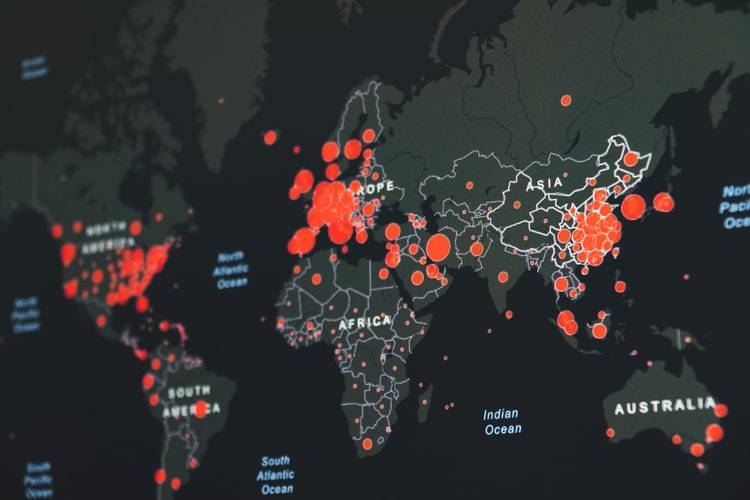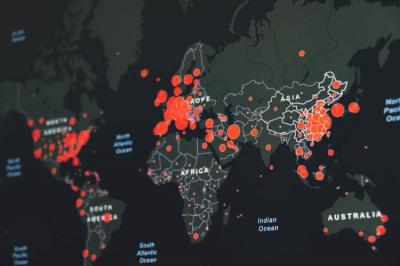Under the title "A European Nation Faces a 'Delta Tsunami'... and Britain on a Dangerous Path," Sky News reported on the Delta variant that has caused a recent surge in COVID-19 cases in Portugal over the past few weeks. This variant has become the dominant strain in the country, according to the latest data from health authorities. The Delta variant, which is considered more contagious, now represents over 51% of new cases in Portugal and over 70% of cases in the Lisbon area, surpassing the Alpha variant that first emerged in England, according to figures released by the Directorate General of Health on Friday evening.
In response to this situation, Portugal has decided to tighten restrictions in the most affected areas by the virus, such as Lisbon, where working hours and the capacity of restaurants and shops have been reduced again. Restrictions on movement between the Greater Lisbon area and the rest of the country will also remain in place during the weekends.
This rise in cases prompted Germany on Friday to add Portugal to its list of countries with circulating variants of the coronavirus, effectively barring people from this country from entering German territory. Starting Tuesday, only German citizens or permanent residents of Germany will be allowed to enter from Portugal, and air, land, and maritime transport companies will be prohibited from bringing in other categories of passengers. Those who are permitted to enter Germany will be required to undergo a two-week quarantine, even if they present negative test results.
The Portuguese government condemned this decision on Saturday, with Foreign Minister Augusto Santos Silva expressing regret to the Lusa news agency, stating, "I regret Germany's decision." He added, "There are areas where the situation regarding COVID-19 is concerning, but the situation is different in other areas."
German tourists vacationing in southern Portugal decided on Saturday to cut their holidays short and return home to avoid the quarantine that Germany will impose starting next week, according to reports from Portuguese television stations. German Chancellor Angela Merkel expressed regret on Tuesday over the lack of common rules within the European Union regarding travel, specifically mentioning Portugal, which reopened its borders to British and European tourists in mid-May. In response, the Portuguese Foreign Minister stated on Saturday that "Portugal has not been lenient at all," noting that their country only accepted tourists who had "negative tests" showing they were not infected with the virus.
On Saturday, the United Kingdom recorded the highest number of new COVID-19 cases since early February, as the National Health Service launched a new initiative to increase vaccination rates. Government statistics indicated that 18,270 people were infected with the virus across Britain, marking the highest daily infection rate since February 5. Nearly 100,000 individuals contracted the virus in the past week, representing a 50% increase compared to the previous week, raising questions about the feasibility of lifting lockdown restrictions as planned. Daily infections have seen a slight sharp increase over the past few weeks, hovering around the 2,000 mark. British government scientists concluded that the Delta variant, first discovered in India, is 40% to 80% more transmissible than the previous dominant variant and found it responsible for almost all new cases in the United Kingdom. Most confirmed new cases were among younger age groups who have not yet received COVID-19 vaccinations. This recent rise occurred despite the opening of hundreds of vaccination sites, including in stadiums and shopping centers in England over the weekend, aimed at increasing the number of vaccinations, particularly among younger age groups.




